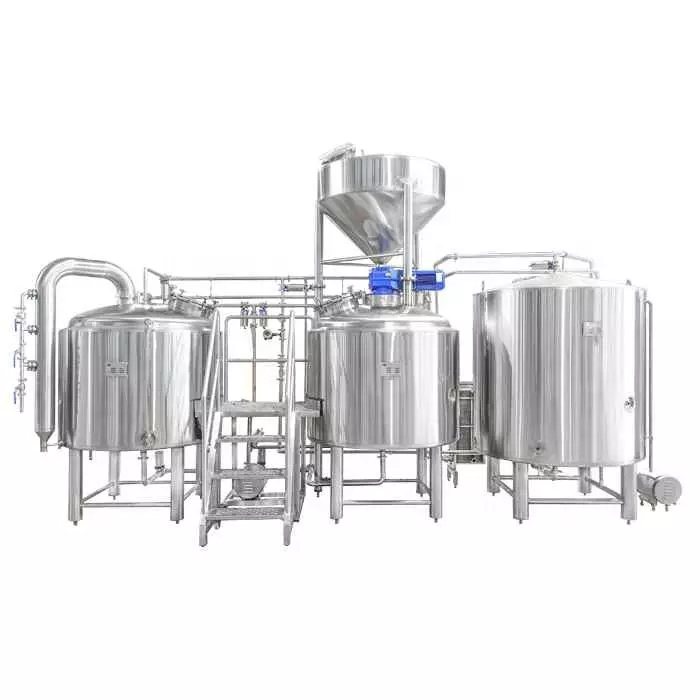
Mashing is the process of combining a mix of milled grain (typically malted barely, with supplementary grains such as corn, sorghum, rye or wheat), known as the "grain bill", and water, known as "liquor", and heating this mixture in a vessel called a "mash tun". Mashing is a form of steeping, and defines the act of brewing, such as with making tea, sake, and soy sauce. Technically, wine, cider and mead are not brewed but rather vinified, as there is no steeping process involving solids. Mashing allows the enzymes in the malt to break down the starch in the grain into sugars, typically maltose to create a malty liquid called wort. There are two main methods – infusion mashing, in which the grains are heated in one vessel; and decoction mashing, in which a proportion of the grains are boiled and then returned to the mash, raising the temperature. Mashing involves pauses at certain temperatures (notably 45 °C, 62 °C and 73 °C), and takes place in a "mash tun" – an insulated brewing vessel with a false bottom. The end product of mashing is called a "mash".
Purpose of Mashing
1. Dissolve the soluble substances in the raw materials as soon as possible.
2. Convert insoluble substances into soluble small molecular substances under the action of enzymes and dissolve them out.
3. Obtain wort containing fermentable sugars, yeast nutrients and beer flavors.
4. About 75%-80% of the raw material content can be immersed in the wort, and the undissolved residue and the spent grains are separated out.
Requirements of Mashing
1. The yield of malt is high.
2. The relative proportions of sugars, soluble nitrogen, amino acids and other extracts meet the requirements.
3. Strictly control the saccharification process parameters to ensure the stability of product yield and quality.
Factors Affecting Enzymes
1. Temperature: The activity of the enzyme increases with the increase of temperature. When the maximum activity is reached, the activity of the enzyme will decrease rapidly when the temperature is raised again.
2. Time: After about 15 minutes, the enzyme reached the maximum activity, and then maintained at the peak for about 30 minutes, and the enzyme activity decreased.
3.PH: Above or below the optimum pH, the enzyme activity will decrease.
If you are planning to build your own brewery. TIANTAI Brewery equipment could help you answer your questions and supply brewery equipment. We supply 2-150HL complete beer brewing equipment including malt milling equipment, brew houses equipment, beer fermenters /fermentation tank, brite beer tanks, beer bottling machine,beer canning machine, beer kegging machine, hopping machine, yeast propagation equipment. We also supply all auxiliary brewery systems like steam heating pipe and valves, water treatment, filter, air compressor etc. Everything in brewery are all in our list.
Whether it is the brewing process or about the beer equipment, if you have any questions, please feel free to contact me.
Cassie Liu
E-mail:[email protected]
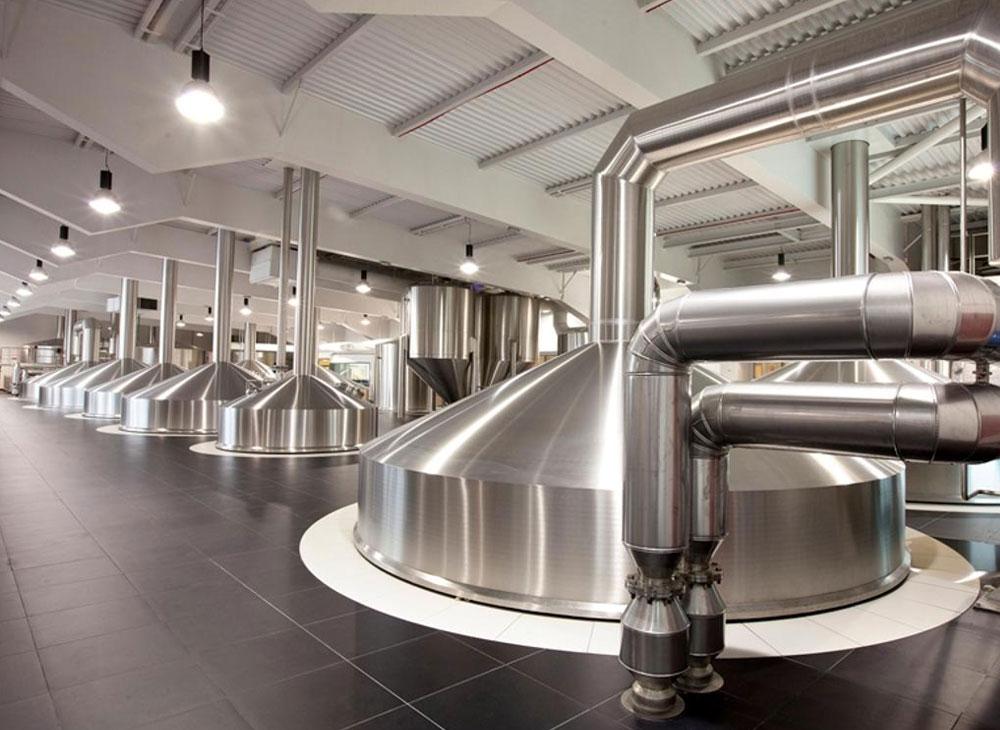
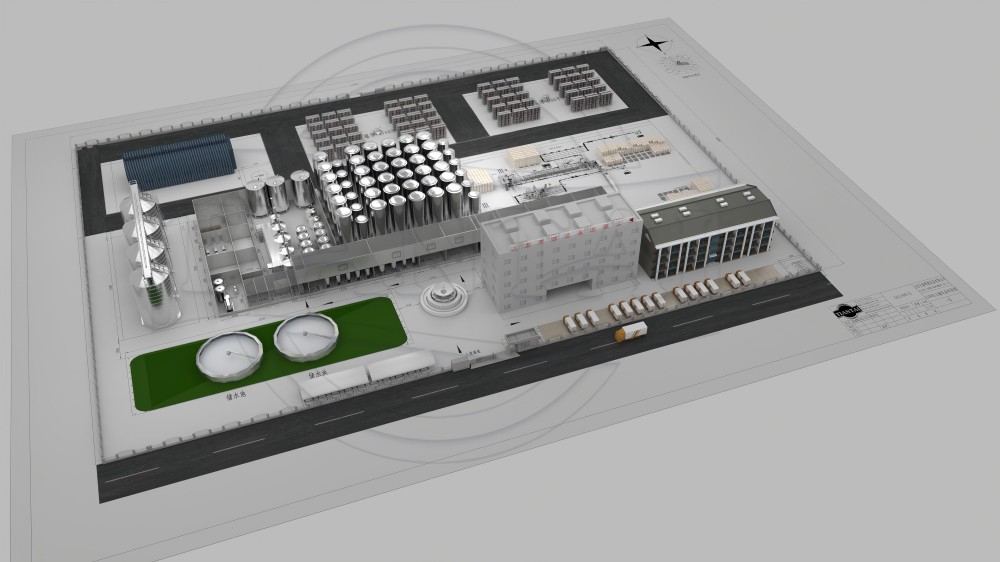
.jpg)
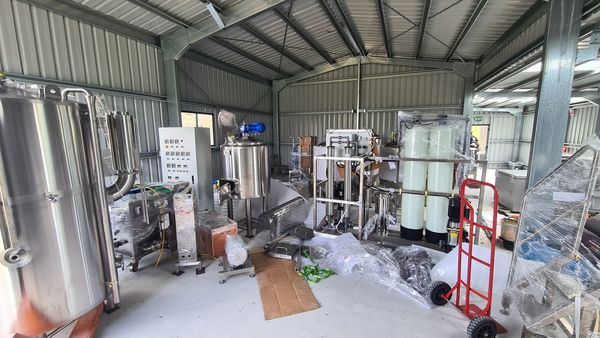
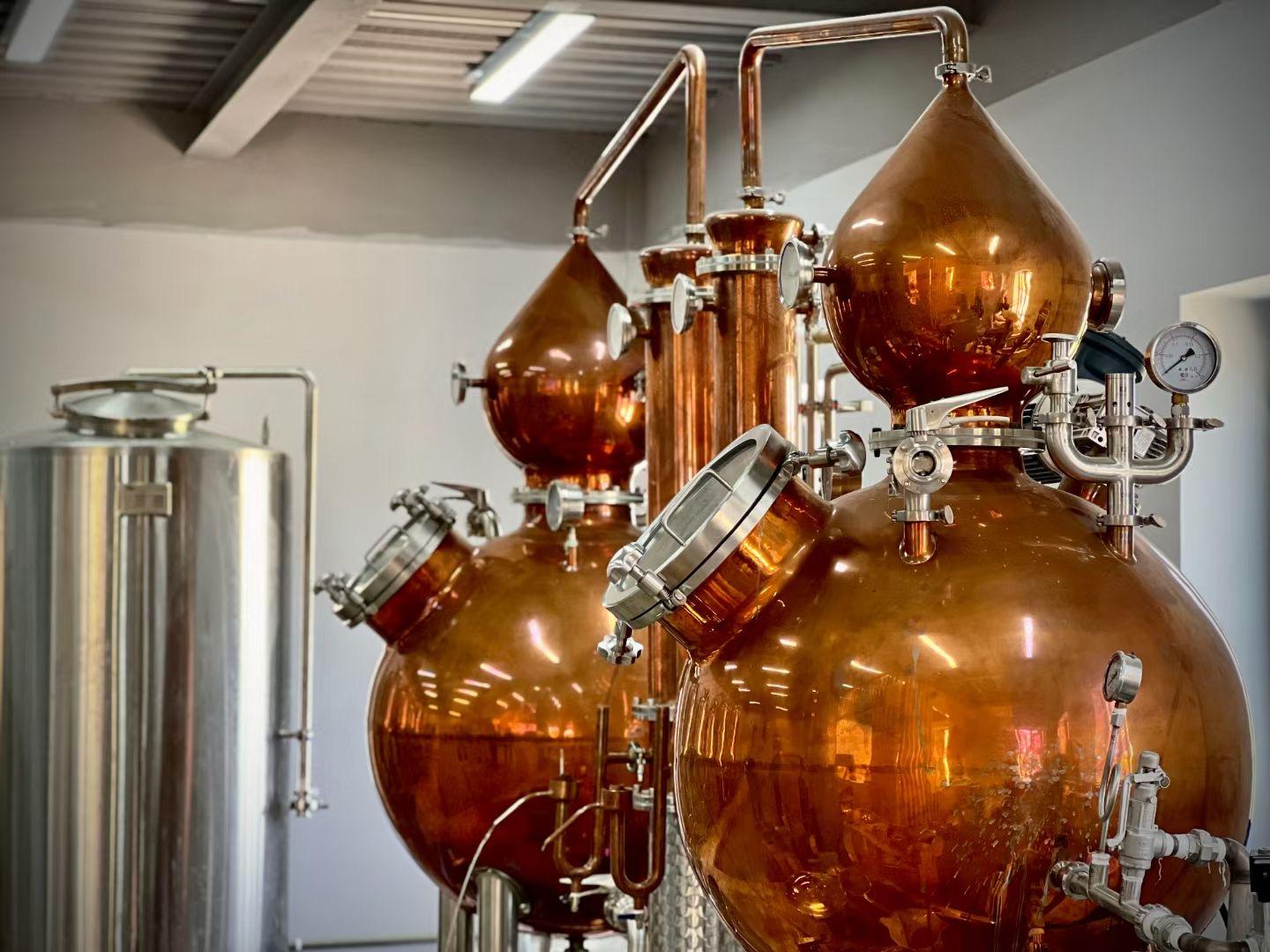
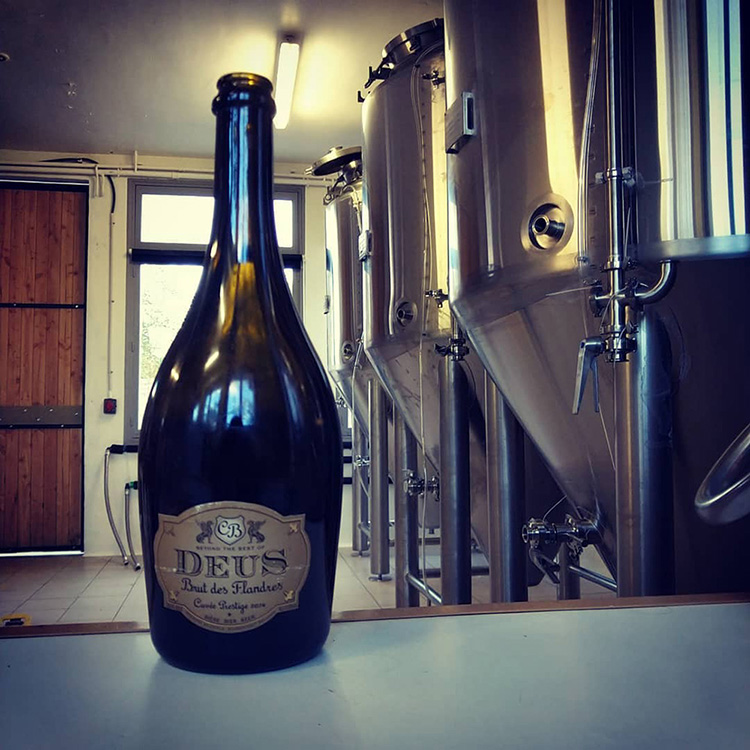
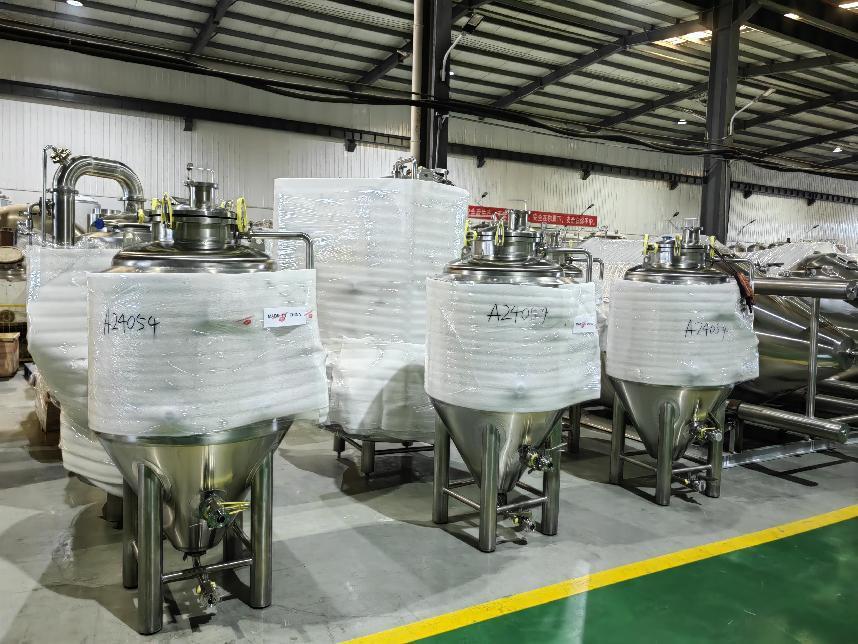
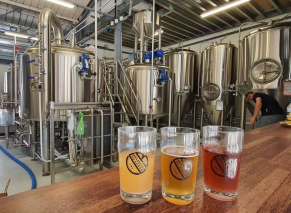
Get A Quote